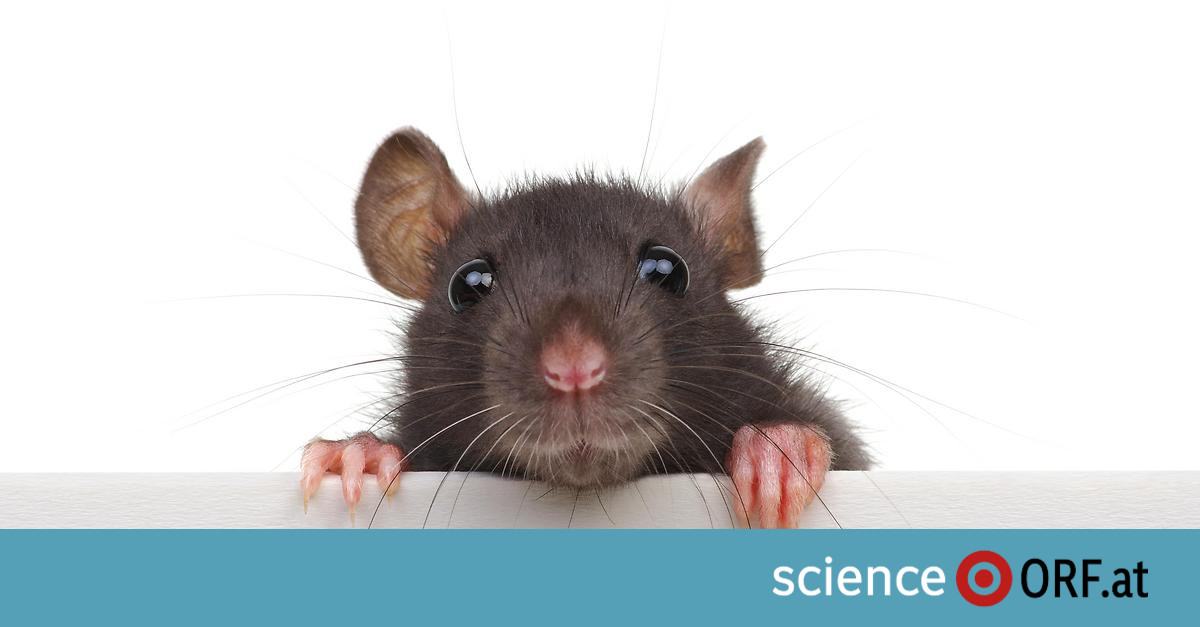Even babies and toddlers explore their surroundings in a playful way, for example by moving a mobile phone or repeatedly throwing toys from a stroller. Such “experiences” help them understand how things are interconnected and how the world works as a whole. Among other things, they follow the principle of “trial and error”. That is, they try new behaviors to find out what leads to success and what leads to failure. New skills and abilities are constantly evolving.
This approach is much less random than it might seem at first glance, but it is often very strategic Ziyi Zhou And Kishore F. Cochipotla from Johns Hopkins University in their research that was just published in the journal Current Biology. Stady Implementation: Errors are also used specifically – because if you realize more quickly what is not working, it makes the learning process more efficient overall.
Recognizing poor performance
Many mammals, such as great apes and dogs, also use the “trial and error” principle. With the help of rewards, new skills can be trained. According to American researchers, this even works on rodents. However, in such experiments it often seems that the animals sometimes perform worse or make more errors than should be the case after training, explains Kuchibhotla in a press release. The neuroscientist has been researching mice, rats and ferrets for many years.
That's partly because of the rewards: just like he and his team did five years ago In the specialized magazine “Nature Communications”. As reported, such external stimuli can sometimes mask the true performance of rodents. Perhaps the discrepancy between performance and training is not due to a lack of performance, but rather is an indicator of higher abilities: that is, test animals, like children, may make target errors from time to time in order to test their hypotheses.
Intentional mistakes
New experiments on mice should now confirm this assumption. In the experimental setup, the animals had to turn a wheel to the left or right, depending on the direction from which the sound they heard was coming. If the move was correct, they received a liquid reward.
As the repetition continued, the mice got better and better, but they made small mistakes and turned the wheel in the wrong direction for a short period before choosing the correct side. “We discovered that the animals seem to follow a very simple strategy when exploring,” Cocibhotla explains in the broadcast: “They turn the wheel very briefly in the wrong direction to check what will happen next.” These are clearly intentional errors intended to provide new insights.
Disappointing expectations
Another series of tests supports this conclusion. The bonus in between was deleted. This caused the animals' performance to collapse immediately and they tried one way or another. According to the researchers, it is clear that the mice have an internal idea about the task. If the reward is lost, expectations have been violated.
The animal might think to itself: “I thought I was going to be rewarded. If not, I have to check if my knowledge is still correct,” says Kucibhotla, describing the emotional state of people tested on animals. Erwartungen enttäuschen, ändern sie kurzerhand ihre Strategy.” lösen is.
According to researchers, rodents can be compared to children when it comes to learning. Both are very exploratory and testing assumptions in many ways. According to Kuchibhotla, there were also significant similarities between the experiments: he felt like a “rat psychologist” who wanted to find out what was really going on in the little heads.

“Total coffee aficionado. Travel buff. Music ninja. Bacon nerd. Beeraholic.”







More Stories
Wolfsburg instead of Wörthersee: The first GTI meeting starts at Volkswagen headquarters
Pecco Bagnaia (Ducati): Testing on the new Panigale/MotoGP
From autumn onwards, U2 will be playing again at Karlsplatz.